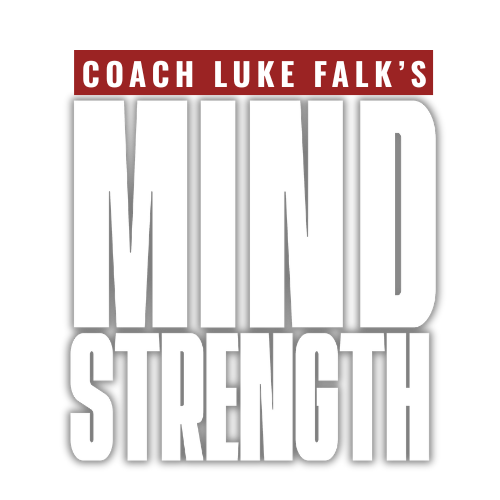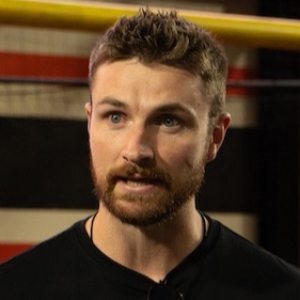It Shows Great Strength to Ask for Help
Oct 06, 2025
With it being Student-Athlete Mental Health Week, I felt it was the right time to share a personal story—one I hope helps someone reading this today.
WHEN THE AUDIBLE IS ASKING FOR HELP:
I still remember one of the hardest hits I ever took. My head was throbbing, pain radiating through my body. I tried to lift my helmet off the ground—but I couldn’t. It was literally stuck in the grass at the old Qualcomm Stadium in San Diego. So I planted both hands, pushed hard, and ripped it out. A thick divot of turf came with it, clinging to my helmet like a warning.
That was a football hit. But it was nothing compared to the hits life would throw at me next.
Mind Strength is like learning how to change a tire before it blows. It prepares you for the unexpected. So when things go sideways—when you get a flat—you know how to pull over, fix it, and keep moving.
But what happens when all four tires blow at once?
What happens when the whole car catches fire?
That’s what happened to me in 2019.
- I was cut from the NFL for the fourth and final time.
- My dad was diagnosed with cancer.
- My mom was unraveling in a severe battle with her mental health.
- My five-year relationship and engagement ended.
- My dog died.
- I’d undergone two hip surgeries.
- And somewhere in all that loss, I lost myself.
I remember asking: Who am I now?
Life had knocked me flat—and this time, I didn’t know how to get back up. So I reached out to my sister, Natalee. She heard it in my voice—the weight, the shakiness, the soul-level fatigue.
“Luke,” she said. “You need help.”
She gave me her therapist’s number. And to her credit, she didn’t just suggest it—she followed up to make sure I followed through. I made the call.
And instantly, the shame crept in. I felt weak. I felt exposed. That old programming kicked in—rub some dirt on it, don’t show emotion, tough it out.
I worried what people would think. My dad. My coaches. My teammates. I questioned what it said about my masculinity. My toughness. My identity.
But I showed up anyway. I walked into that office. I did the work.
And looking back now, I can say this without hesitation:
It saved my life.
That season of therapy helped me reclaim who I was. It helped me find clarity, dignity, and peace. It didn’t make me less of a man—it made me more of one. It made me stronger than I’d ever been.
Today therapy is a foundational part of my Mind Strength practice. Not because I’m broken, but because I want to stay whole.
Sometimes the most courageous audible you can call is this:
“I need help.” And the bravest thing you can do? Accept it.


